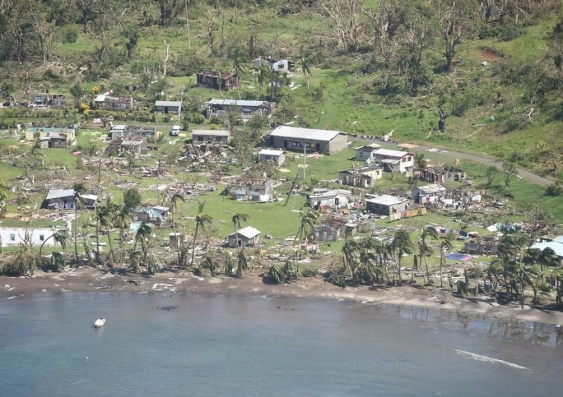A UNSW public health expert says shelter, water and sanitation are the immediate priorities for Fijians in the aftermath of Cyclone Winston, but longer term issues must also be addressed to avert a bigger crisis in the future.
“Many Fijians have lost absolutely everything as a result of this devastating natural disaster, and won’t be in a position to rebuild their homes, tipping them into long term poverty,” says Dr Graham Roberts, Senior Visiting Fellow at UNSW’s School of Public Health and Community Medicine,
Dr Roberts is currently based in Suva and has been a resident of Fiji for twenty years.
“With staple food crops such as cassava and taro likely to have been ruined by the cyclone, food security will become an issue. Fiji will likely have to rely on food relief for some time,” Dr Roberts says.
He says food poisoning is a potential and more immediate public health issue, with past natural disasters in the country seeing thawed food being refrozen and then sold to local residents.
“We are also likely to see a rise in dengue fever and other mosquito-borne diseases in the local population in the wake of the cyclone,” Dr Roberts says.
“While the resilient nature and financial support from families overseas will help Fijians deal with this crisis, we must see significant international aid committed to help Fiji to fully recover from this significant disaster.”


